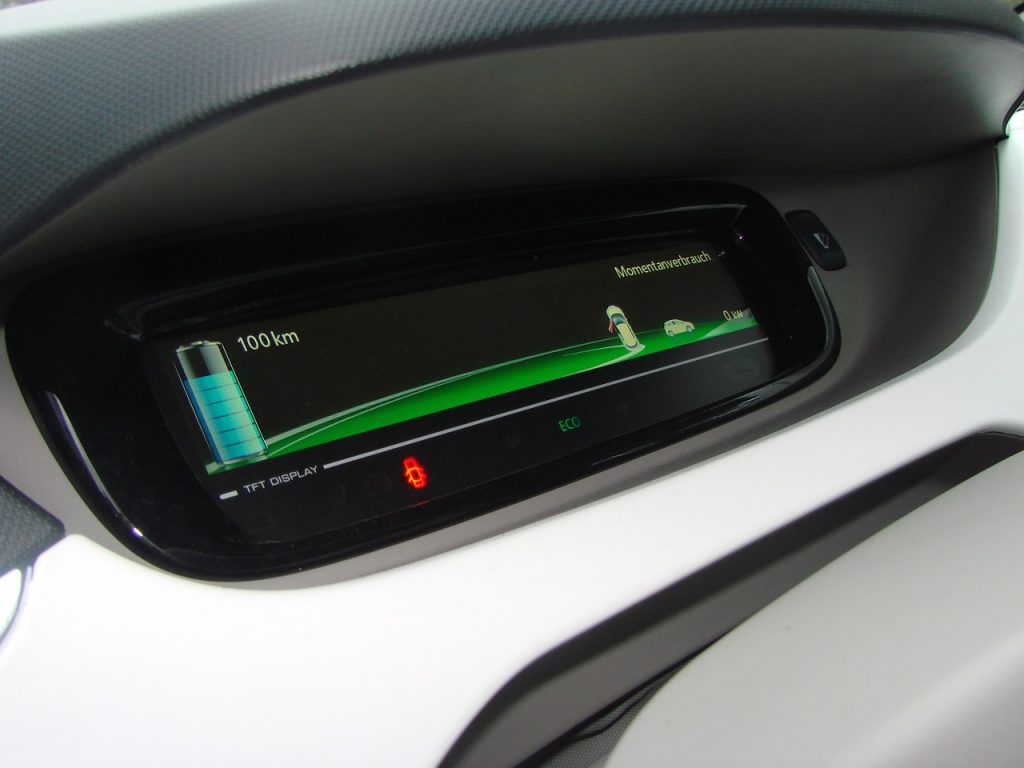Electric cars are awesome, but having to charge them as often is a bummer. It takes hours before you’re ready to go again, and on long-distance trips, this can make a big difference. The Swiss battery developer “Innolith” promises to put an end to this by presenting a new rechargeable lithium-ion battery that packs 1000 Wh/kg. This energy density goes well beyond the top-level figures that we were used to seeing so far, which don’t go higher than 350 Wh/kg.
Innolith managed to reach this impressive figure by developing a new conversion reaction system that follows a smarter electrolytic path, and a more efficient compound dissolving method that takes part in the energy release process. Innolith’s new battery doesn’t use the standard intercalation-based materials, but instead it has replaced them with inorganic electrolytes that take the process down to the cell level. This allows the engineers to achieve an excellent level of robustness and life cycle for the new batteries, while also reaching unprecedented energy densities without risking fire-catching incidents. In fact, this new battery will be able to go through 10 to 100 times more charging cycles than conventional lithium-ion batteries can before they are wasted.
Innolith currently waits for their relevant patents to be approved before they start licensing their new product for manufacturing to others. This new battery that features larger capacity, can be recharged many more times, and has much more energy per kilogram will be a game-changer for the EV market, possibly allowing it to finally take off. But this is not solely about electric cars, but also drones, aircraft, boats, and everything that relies on batteries to cover long distances. According to the CEO of Innolith, complete commercialization of this new battery could take between three and five years to manifest, so for now, we should be patient and sparing with how we use our EVs.
Image by ssarwas0 from Pixabay






